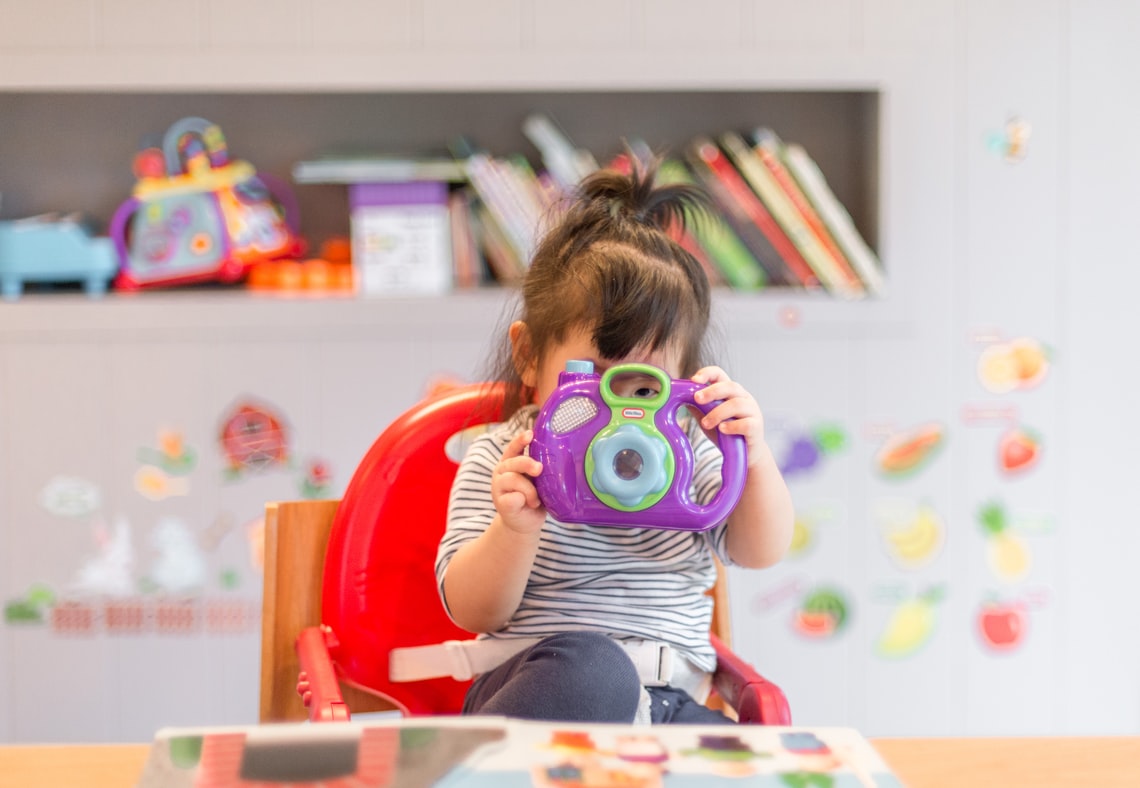It is undoubted that kids prefer to learn in a fun and engaging way. As such, games are a great tool to help satisfy their learning needs. Not only are they fun and engaging, but can also contribute to academic education, personal development, and life skills.
Particularly, board games, dice games, and card games, can be used to teach kids logic. By nature, these type of tabletop games are interactive, exciting, and deliver beneficial lessons in a way in which kids may not even realize that they are learning.
Although there are tons of choices for games to teach kids logic, we’ve found some of the best on the market. So, look no further, and no need to fret, because here are some of our top picks!
1. Chess
Chess is one of the oldest classic board games around. Although this one may be a little difficult to teach kids at first, once they start to get the hang of it, they can only get better.
Chess is one of those games that has been scientifically found to exercise the brain. In doing so, chess engages both logical and creative functions in the brain. This is because the mechanics of the game involve players strategically understanding pieces on the board, calculating their moves, and foreshadowing those of their opponents. Therefore, Chess is an excellent pick to help kids with logical reasoning, mathematical skills, problem-solving abilities, and rational thinking.
2. Connect 4
Connect 4 is sure to be a fan favorite amongst your youngsters. This classic, is a game of simple strategy that contributes greatly to a child’s logical thinking capabilities. Connect 4 works wonders in keeping kids entertained whilst they improve their fine motor abilities, develop pattern recognition, enhance spatial reasoning, and work on their problem-solving skills.
Additionally, playing Connect 4, also helps to improve cognitive skills which are used to process, understand, and remember information. Connect 4 requires children to observe their grid and analyze both their, and their opponents moves, to win the game.
3. Clue Junior
Clue Junior is another excellent teaching tool that aims to improve kids deductive reasoning and problem-solving abilities. In this game, children are tasked to solve a mystery and must exercise logic, to discover clues, put the pieces together, and win the game. In doing so, they are thus, introduced to the foundational concepts of deduction and reasoning to solve their mystery.
This adaptation for youngsters is the perfect gateway to logic and offers some nostalgia for adults. However, if you are worried about the theme being a bit much for young ones, don’t worry, because in this edition, kids are on a mission to discover who at piece of cake and what they drank with it.
4. Guess Who?
For two players, Guess Who? is another fantastic game that helps kids learn logic. Critical thinking is exercised in this game, where players must use strategic and deductive questioning to “guess who” the mystery person is.
Kids get to choose their own questions in efforts to eliminate as many people as possible. Once children understand how to play, they will be searching for attributes that could eliminate much of the people on their board. This game also involves finding comparisons and identifying similarities that contribute to a child’s cognitive development.
5. Battleship
The last on our list is the classic Battleship. Battleship simply requires logic, and reason in order to win. This excellent learning tool can also help children’s memory retention and aid in their development of strategic thinking. This is because the ultimate objective of Battleship is to sink all of the opponents ships.
Now to do this, children are encouraged to learn coordinates and strategize a tactic. They will need to remember and keep track of the shots they’ve taken. They will also need to exercise some probability skills in figuring out where to shoot next.
As has been presented, many of these games offer more than just logical benefits. There are so many more developmental and educational advantages that come with playing these classic tabletop games with kids. Children will not only find excitement and joy in playing, but with lots of fun to be had, they’ll have no idea that they’re even learning.

